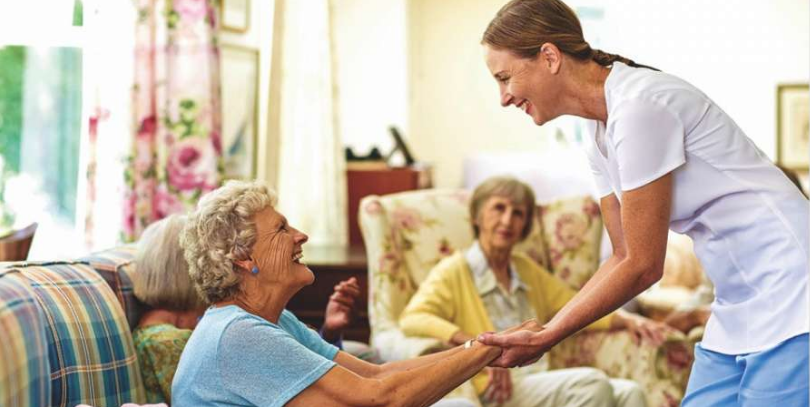
In less than six months, COVID-19 has changed the way we operate within our society. In many ways, the ordinary things we used to do every day—like going to the grocery store or the dentist—have been fundamentally altered.
Many attorneys believe that the laws that currently govern our society will need to change as well. Personal injury attorneys in particular are wondering if the COVID-19 public health crisis will raise the legal standards for the “duty of care” in negligence-based personal injury cases.
What is the Duty of Care?
The duty of care is the foundation of a personal injury lawsuit. A personal injury lawsuit is based on the premise that someone—an individual or corporation—breached a duty of care to another person. When an individual or corporation fails to act with reasonable care, and someone is harmed as the result of that failure, the person who has been harmed may have a personal injury claim.
In personal injury law, one party has a duty to another. The person with the duty is the one who has the legal obligation to act in a reasonable way. For example:
• An event coordinator must post signs indicating trip, slip, and fall hazards.
• Drivers must drive safely to prevent accidents.
• Manufacturers must provide directions for use/hazards for misuse instructions.
• Concert promoters have an obligation to provide security and limit the number of people entering the premises.
Is There a Standard “Duty of Care”?
The duty of care standard is based on something called “a reasonable person” standard. To put it another way, the standard duty of care is defined as “what a reasonable person would have done in a particular situation. Therefore, in order to evaluate a case, the specific facts of that case must be examined. What is reasonable in one situation may not be reasonable in another.
Has COVID-19 Changed the Duty of Care?
The legal system often refers to something called “precedent”—or what has come before—to inform current decisions. Unfortunately, a situation like what is happening now with the COVID-19 pandemic hasn’t been seen in the United
States since the Spanish flu more than 100 years ago. Therefore, there are not precedents for the law to refer to insofar as what constitutes a reasonable standard for a duty of care.
The legal system is in the process of redefining what constitutes a reasonable standard of care in the era of COVID-19. Businesses may have to rethink their practices in order to account for enhanced legal scrutiny. This crisis may have opened the eyes of the public and the law in terms of what is acceptable for business owners when it comes to safety, resulting in the need for:
Stricter Sanitation Standards. It has been clearly established already that dangerous viruses like the coronavirus (the pathogen that causes COVID-19) exist. We know that these unknown or “novel” viruses may be in common areas and can easily be contracted or passed along, and chances are they are more virulent than those that have come before. Because of this increased awareness, the duty of businesses to protect their customers from these dangers is more apparent. What was once thought to be acceptable sanitation practices may no longer be up to legal standards in the post-coronavirus era.
Crowd Management. Staying within the fire marshal’s recommended occupancy used to be adequate for safely managing the amount of people inside a venue or store at a given point. The need for encouraging physical distancing may dictate far stricter crowd management protocols in the future. New measures may need to be implemented to keep public places safe from coronavirus and other pathogens.
Business Owners and the Duty of Care
Because they operate for profit, businesses have traditionally been held to a higher definition of duty of care than the general public—even before COVID-19. That means that the law can be very strict with businesses when evaluating their actions to uphold their duty of care after an injury occurs.
Nursing homes are some of the businesses that will likely be subject to additional scrutiny with regard to duty of care. Even if they operate as a non-profit, they have an elevated duty of care responsibility for the people they serve. The last six months of the pandemic in the US have demonstrated repeatedly how easy it is for coronavirus to spread within nursing homes.
For example, a resident in a Maryland nursing home who is harmed after contracting COVID-19 may qualify to bring a personal injury claim against that home if it can be shown that inferior sanitation practices or other infection control measures allowed coronavirus to spread.
If you or someone you know has been hurt by poor sanitation or by poor business practices related to coronavirus, you may have the right to compensation. Contact a personal injury attorney in your state of residence for further information.

